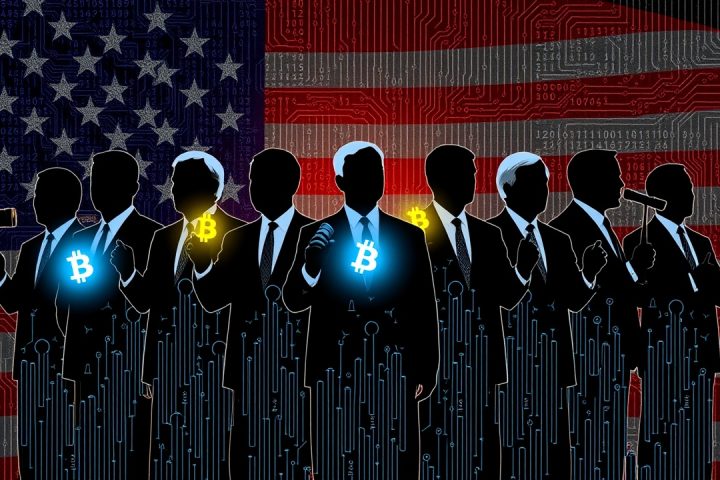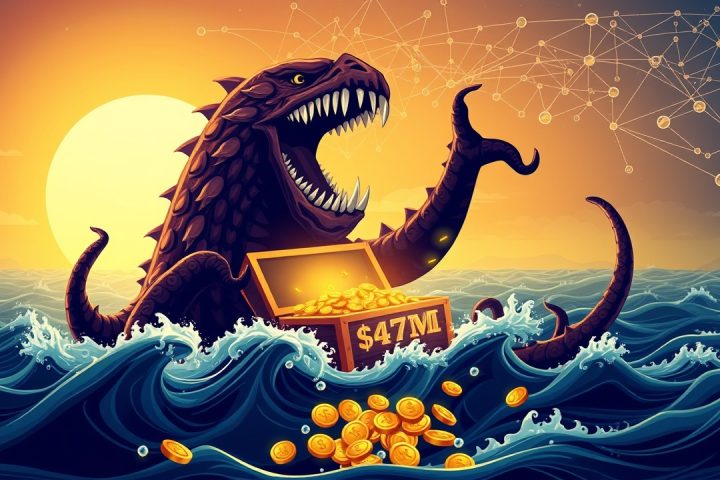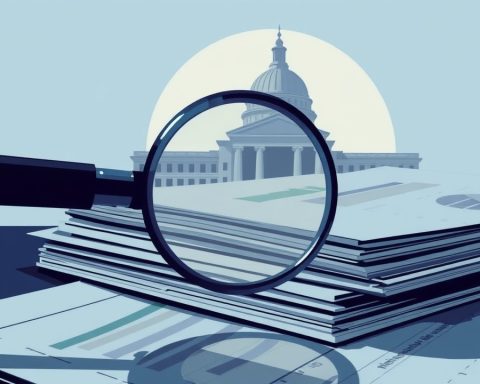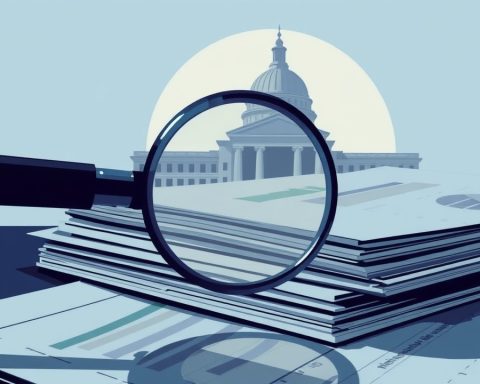Overview of Cryptocurrency Legislation in Michigan
Late on Wednesday, the Michigan House of Representatives unveiled four proposed pieces of legislation aimed at regulating cryptocurrency in the state, further demonstrating a burgeoning movement among various states to create clear frameworks for digital assets.
Key Proposals
One of the key proposals, House Bill 4510, led by Representative Bill Schuette (R-MI), would empower the state treasurer to allocate retirement funds into cryptocurrencies. However, this would only be permissible for currencies that have maintained an average market capitalization of at least $250 billion over the preceding year and must be routed through exchange-traded products, effectively limiting eligibility to assets like Bitcoin, which recently hit a new milestone by surpassing $111,000 due to increased interest from institutional investors.
Prohibition Against CBDC
House Bill 4511, introduced by Representative Bryan Posthumus (R-MI), aims to counteract the federal initiative towards central bank digital currencies (CBDCs). This legislation seeks to create a state-level prohibition against any form of licensing, taxation, or limits on digital asset ownership, explicitly forbidding state departments from advocating for a U.S. CBDC. The text of the bill asserts:
“An agency or department of this state shall not advocate for or support… the testing, adoption, or implementation of a [CBDC].”
Bitcoin Mining Legislation
In tandem, two additional bills identified as HB 4512 and HB 4513, introduced by Representative Mike McFall (D-MI), concentrate on Bitcoin mining and potential tax incentives. One of these measures looks to initiate a “Bitcoin Program“, enabling private companies to plug abandoned oil and gas wells in exchange for temporary rights to mine Bitcoin using leftover fuel. The other bill provides deductions on income and corporate taxes for revenues generated through these mining activities, thus linking crypto operations to environmental clean-up efforts.
If these initiatives become law, they would be overseen by the Supervisor of Wells, who would be responsible for maintaining a public registry of eligible sites, organizing annual bidding, and ensuring financial accountability from miners for site restoration.
National Trends in Cryptocurrency Legislation
This legislative activity in Michigan aligns with a nationwide trend, where states are hastening to either embrace or limit the growth of cryptocurrency. Coincidentally, just hours before Michigan’s announcements, the Texas House advanced a similar bill that would establish a state-controlled Bitcoin reserve, which is now under consideration by Governor Greg Abbott. This Texas bill allows the state comptroller to invest in any digital assets that surpass a $500 billion market cap, currently limited to Bitcoin.
Furthermore, earlier this month, New Hampshire emerged as the first state in the U.S. to officially permit investments in both cryptocurrency and precious metals for public funds, having been signed into law by Governor Kelly Ayotte.

















